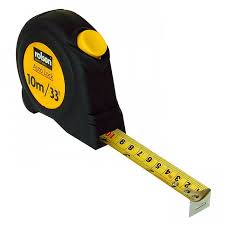记忆方法
1. 音译“米”,取自首音节。
中文词源
metre 米,公尺,格律
来自meter的英式拼写。
英语词源
- metre
-
metre: [14] Greek métron meant ‘measure’: it came ultimately from the Indo-European base *me- ‘measure’, which also produced English measure, immense, etc. English originally acquired it, via Latin metrum and Old French metre, in the sense ‘measured rhythmic pattern of verse’. Then at the end of the 18th century French mètre was designated as the standard measure of length in the new metric system, and English reborrowed it as metre. Meter ‘measuring device’ [19] is probably a nominalization of the element -meter, occurring in such compounds as galvanometer [19], gasometer [18], and pedometer [18], which itself went back via French -mètre or modern Latin -metrum to Greek métron.
=> commensurate, immense, measure, mete - metre (n.)
- chiefly British English spelling of meter (n.); for spelling, see -re.
权威例句
- 1. Prices start at £13.95 a metre for printed cotton.
- 印花棉布以每米13.95英镑的价格起售。
- 2. They must each compose a poem in strict alliterative metre.
- 他们必须每人作一首严格押头韵的诗。
- 3. The average UK coal seam is one metre thick.
- 英国煤层的平均厚度为1米。
- 4. Three attempts on the British 200-metre record also ended in failure.
- 对英国200米纪录发起的3次冲击也均以失败而告终。
- 5. The 800 metre final is on Monday week.
- 800米决赛在下周一进行。
